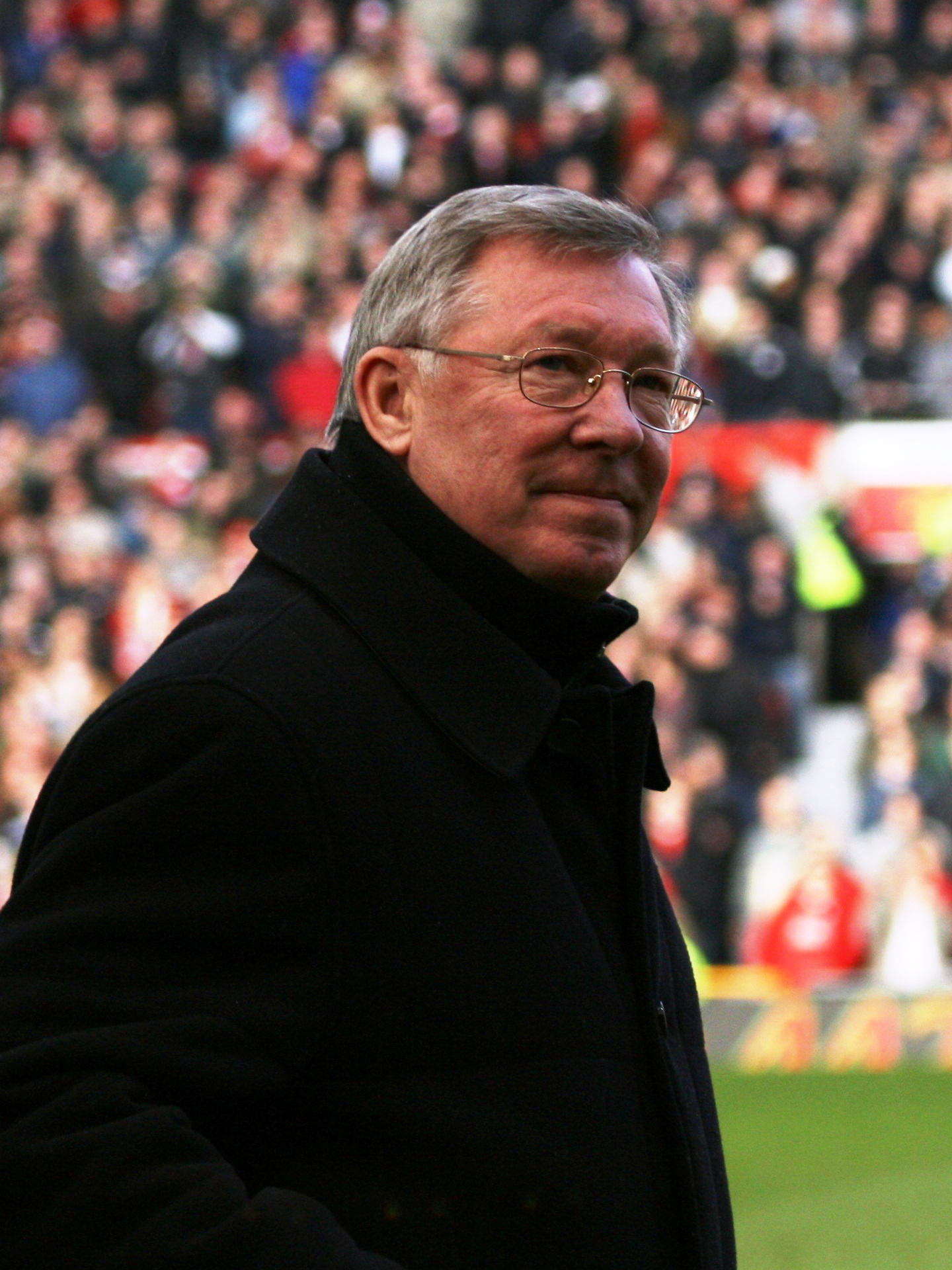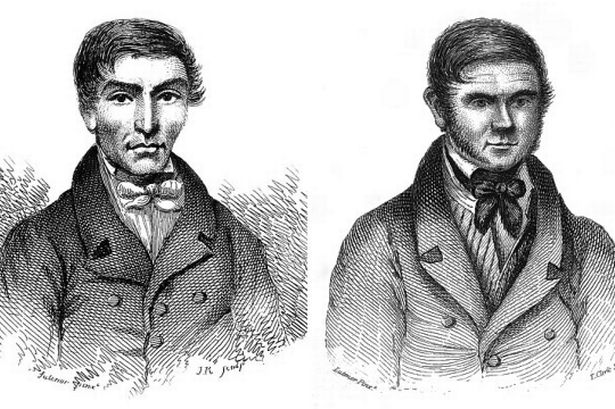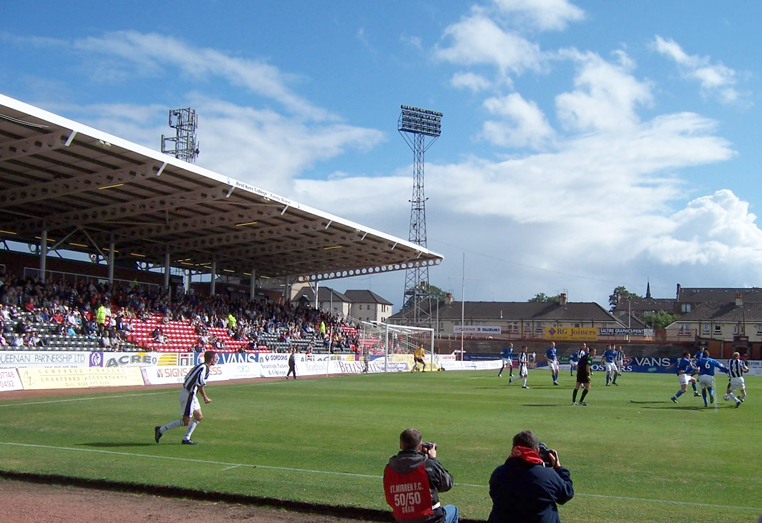|
Campbell Money
Israel Campbell Money (born 31 August 1960 in Maybole, Ayrshire) is a Scottish former football goalkeeper and manager. A one-club man, Money spent his entire playing career keeping goal for St Mirren. In 1996 he moved into management, taking charge of Scottish Football League sides Stranraer, Ayr United and Stenhousemuir. His final managerial position was at Cumnock of the Scottish Junior Football West Premier League, which he held from 2008 to 2009. Playing career Money started his senior career with St Mirren, whom he joined from Dailly Amateurs in 1978. As a result of his move to full-time football he was obliged to give up a career in the police force.Caught in Time: St Mirren win the Scottish Cup, 1987 '' |
Scotland On Sunday
''Scotland on Sunday'' is a Scottish Sunday newspaper, published in Edinburgh by National World and consequently assuming the role of Sunday sister to its daily stablemate ''The Scotsman''. It was originally printed in broadsheet format but in 2013 was relaunched as a tabloid. Since this latest relaunch it comprises three parts, the newspaper itself which includes the original "Insight" section, a sports section and ''Spectrum'' magazine which incorporates ''At Home'', originally a separate magazine. It backed a 'No' vote in the referendum on Scottish independence. History ''Scotland on Sunday'' was launched on 7 August 1988 and was priced at 40p. Ultimate ownership of ''Scotland on Sunday'' has changed several times since launch. The Scotsman Publications Limited, which also produces ''The Scotsman'', ''Edinburgh Evening News'' and the ''Herald & Post'' series of free newspapers in Edinburgh, Fife, West Lothian and Perth, was bought by the Canadian millionaire Roy Thomso ... [...More Info...] [...Related Items...] OR: [Wikipedia] [Google] [Baidu] |
The Times
''The Times'' is a British Newspaper#Daily, daily Newspaper#National, national newspaper based in London. It began in 1785 under the title ''The Daily Universal Register'', adopting its modern name on 1 January 1788. ''The Times'' and its sister paper ''The Sunday Times'' (founded in 1821), are published by Times Media, since 1981 a subsidiary of News UK, in turn wholly owned by News Corp. ''The Times'' and ''The Sunday Times'' were founded independently and have had common ownership only since 1966. It is considered a newspaper of record in the UK. ''The Times'' was the first newspaper to bear that name, inspiring numerous other papers around the world. In countries where these other titles are popular, the newspaper is often referred to as or , although the newspaper is of national scope and distribution. ''The Times'' had an average daily circulation of 365,880 in March 2020; in the same period, ''The Sunday Times'' had an average weekly circulation of 647,622. The two ... [...More Info...] [...Related Items...] OR: [Wikipedia] [Google] [Baidu] |
Bryan Gunn
Bryan James Gunn (born 22 December 1963) is a Scottish former professional goalkeeper and football manager. After beginning his career at Aberdeen in the early 1980s, he spent most of his playing career at Norwich City, the club with which he came to be most closely associated. This was followed by a brief spell back in Scotland with Hibernian before his retirement as a player in 1998. Gunn feels the peak of his playing career was making what he calls the save of his life in the UEFA Cup match against Bayern Munich in 1993. This event was called the summit of Norwich City's history by ''The Independent''. He is one of only nine Norwich players to win the club's Player of the Year award twice. He was made an inaugural member of Norwich City's Hall of Fame. He was a member of the Scotland national football team, making six appearances for his country in the early 1990s. Gunn worked for years behind the scenes at Norwich in a variety of roles, from matchday hosting to coachin ... [...More Info...] [...Related Items...] OR: [Wikipedia] [Google] [Baidu] |
Cap (football)
In sport, a cap is a player's appearance in a game at international level. The term dates from the practice in the United Kingdom of awarding a cap to every player in an international match of rugby football and association football. In the early days of football, the concept of each team wearing a set of matching shirts had not been universally adopted, so each side would distinguish itself from the other by wearing a specific sort of cap. An early illustration of the first international football match between Scotland and England in 1872 shows the Scottish players wearing cowls, and the English wearing a variety of school caps. The practice was first approved on 10 May 1886 for association football after a proposal made by N. Lane Jackson, founder of the Corinthians: The act of awarding a cap is now international and is applied to other sports. Although in some sports physical caps may not now always be given (whether at all or for each appearance) the term ''cap'' fo ... [...More Info...] [...Related Items...] OR: [Wikipedia] [Google] [Baidu] |
Scotland National Football Team
The Scotland national football team represents Scotland in men's international Association football, football and is controlled by the Scottish Football Association. They compete in three major professional tournaments: the FIFA World Cup, UEFA Nations League, and the UEFA European Championship. Scotland, as a Countries of the United Kingdom, country of the United Kingdom, are not a member of the International Olympic Committee (as Scottish athletes compete for Great Britain at the Olympics, Great Britain), and therefore the national team does not compete in the Olympic Games. The majority of Scotland national football team home stadium, Scotland's home matches are played at the national stadium, Hampden Park. Scotland are the joint oldest national football team in the world, alongside England national football team, England, whom they played in the world's 1872 Scotland v England football match, first international football match in 1872. Scotland has a long-standing England– ... [...More Info...] [...Related Items...] OR: [Wikipedia] [Google] [Baidu] |
Clydebank F
Clydebank () is a town in West Dunbartonshire, Scotland. Situated on the north bank of the River Clyde, it borders the village of Old Kilpatrick (with Bowling and Milton beyond) to the west, and the Yoker and Drumchapel areas of the adjacent City of Glasgow immediately to the east. Depending on the definition of the town's boundaries, the suburban areas of Duntocher, Faifley and Hardgate either surround Clydebank to the north, or are its northern outskirts, with the Kilpatrick Hills beyond. Historically part of Dunbartonshire and founded as a police burgh on 18 November 1886, Clydebank is part of the registration County of Dumbarton, the Dunbartonshire Crown Lieutenancy area, and the wider urban area of Greater Glasgow. History Early origins Clydebank is located within the historical boundaries of the ancient Kingdom of Strathclyde, the Mormaerdom of Lennox, and the parish of Old Kilpatrick (12th century), on the north bank of the River Clyde. A long-standing local le ... [...More Info...] [...Related Items...] OR: [Wikipedia] [Google] [Baidu] |
Cowdenbeath F
Cowdenbeath () is a town and burgh in west Fife, Scotland. It is north-east of Dunfermline and north of the capital, Edinburgh. The town grew up around the extensive coalfields of the area and became a police burgh in 1890. According to a 2008 estimate, the town has a population of 14,081. The wider civil parish of Beath has a population of 17,351 (in 2011).Census of Scotland 2011, Table KS101SC – Usually Resident Population, publ. by National Records of Scotland. Web site http://www.scotlandscensus.gov.uk/ retrieved March 2016. See “Standard Outputs”, Table KS101SC, Area type: Civil Parish 1930 Toponymy The first element of the town's name comes from the surname ''Colden'' or ''Cowden'', often indicated in early forms as a possessor by the addition of , for example ''Cowdennyes Baith''. ''Beath'', the name of the wider parish, is from the Scottish Gaelic, Gaelic , meaning birch. History The earliest indication of human activity in the immediate vicinity of the current ... [...More Info...] [...Related Items...] OR: [Wikipedia] [Google] [Baidu] |
1986–87 Scottish Cup ...
The 1986–87 Scottish Cup was the 102nd staging of Scotland's most prestigious football knockout competition. The Cup was won by St Mirren who defeated Dundee United in the final. First round Replay Second round Replays Third round Replays Second Replays Fourth round Replays Second Replays Quarter-finals Replays Semi-finals ---- Final See also *1986–87 in Scottish football * 1986–87 Scottish League Cup References {{DEFAULTSORT:1986-87 Scottish Cup Scottish Cup seasons Cup A cup is an open-top vessel (container) used to hold liquids for drinking, typically with a flattened hemispherical shape, and often with a capacity of about . Cups may be made of pottery (including porcelain), glass, metal, wood, stone, pol ... [...More Info...] [...Related Items...] OR: [Wikipedia] [Google] [Baidu] |
Dundee United F
Dundee (; ; or , ) is the fourth-largest city in Scotland. The mid-year population estimate for the locality was . It lies within the eastern central Lowlands on the north bank of the Firth of Tay, which feeds into the North Sea. Under the name of Dundee City, it forms one of the 32 council areas used for local government in Scotland. Within the boundaries of the historic county of Angus, the city developed into a burgh in the late 12th century and established itself as an important east coast trading port. Rapid expansion was brought on by the Industrial Revolution, particularly in the 19th century when Dundee was the centre of the global jute industry. This, along with its other major industries, gave Dundee its epithet as the city of "jute, jam and journalism". With the decline of traditional industry, the city has adopted a plan to regenerate and reinvent itself as a cultural centre. In pursuit of this, a £1 billion master plan to regenerate and to reconn ... [...More Info...] [...Related Items...] OR: [Wikipedia] [Google] [Baidu] |
Love Street (stadium)
St Mirren Park, more commonly known as Love Street, was a association football, football stadium located on Love Street in Paisley, Renfrewshire, Paisley, Scotland. At one time the stadium was capable of accommodating almost 50,000 spectators, however in its final years it had an all-seated capacity of 10,800. Until its closure in 2009, it was the home ground of St Mirren F.C. The football grounds on Love Street were registered as Fullerton Park for St Mirren's first season there as they were originally rented from a Mr Fullerton. The ground's record attendance was 47,438 for a match against Celtic F.C., Celtic in 1949. St Mirren completed construction of their new St Mirren Park in December 2008. St Mirren played their last game at Love Street, against Motherwell F.C., Motherwell, on 3 January 2009. Early years at Love Street When St Mirren F.C., St Mirren began to play on Love Street in the mid-1890s football clubs were still very much in their infancy and moved from ground ... [...More Info...] [...Related Items...] OR: [Wikipedia] [Google] [Baidu] |
Billy Thomson (footballer, Born 1958)
William Marshall Thomson (10 February 1958 – February 2023) was a Scottish footballer who played as a goalkeeper. Thomson played for Partick Thistle, St Mirren, Dundee United, Clydebank, Motherwell, Rangers and Dundee. He played for Dundee United in the 1987 UEFA Cup Final and two Scottish Cup finals. He won seven international caps for Scotland between 1980 and 1983. Thomson was a goalkeeping coach with Dundee, Rangers, Kilmarnock and Stranraer. Playing career Partick Thistle Thomson started his pro career at Partick Thistle. The youngster was highly regarded and given first team experience in League Cup and Glasgow Cup games. He also collected his first two Scotland under 21 caps. In August 1978 a bid was made for him of £50,000Billy Thomson profile at Stmirren.net that ... [...More Info...] [...Related Items...] OR: [Wikipedia] [Google] [Baidu] |
Goalkeeper (association Football)
The goalkeeper (sometimes written as goal-keeper, abbreviated as GK, keeper, keeps, or goalie) is a association football positions, position in association football. It is the most specialised position in the sport. The goalkeeper's main role is to stop the opposing football team, team from Scoring in association football, scoring a 'Football pitch#Goals, goal' (i.e. putting the football (ball), ball over the Goal_(sports)#Association_football, goal Goal line (association football), line). This is accomplished by having the goalkeeper move into the trajectory of the ball to either catch it or direct it further from the vicinity of the goal line. Within the penalty area, goalkeepers are allowed to use their hands, giving them (outside throw-ins) the sole rights on the field to handle the ball. The goalkeeper is indicated by wearing a different coloured kit (association football), kit from their teammates and opposition. The back-pass rule is a rule that disallows handling passes b ... [...More Info...] [...Related Items...] OR: [Wikipedia] [Google] [Baidu] |







